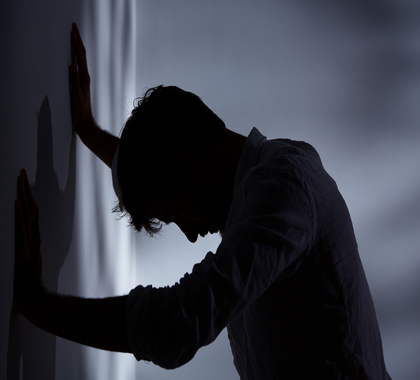Although more and more walk-in models have opened around the country dealing with low-acuity mental health issues such as stress and grief, the Pine Rest center is one of the first to deal with acute psychiatric symptoms. On its website, Pine Rest states there is a growing need for such care. In 2016, in the region where it operates, West Michigan, there were 14,623 visits to hospital emergency rooms for behavioral issues.
The clinic serves adults only and is open 10am to 8pm Monday through Friday and from 10am to 2pm on weekends. The average cost for an uninsured patient is $286. The center has attracted patients from 52 of the state’s 82 counties and from Canada.
The number of visits to the center has exceeded expectations, says Bob Nykamp, chief operating officer at Pine Rest.
“It has improved access to psychiatric care and fills a gap in the local behavioral health care system,” Nykamp said.
Coverage and Care
Similar to emergency room treatment, Pine Rest’s Psychiatric Urgent Care Center is not designed for long-term care. Patients receive a series of assessments to determine the level of care needed with social work, psychiatric, illness education and follow-up care professionals. Patients are then referred back to their primary care doctors, therapists and other treating physicians.
Treatment is meant to be same-day, says Kris Brown, marketing manager at Pine Rest.
“Patients can receive assessment and treatment sooner than if they had to wait for an outpatient appointment and it is more cost-effective that receiving behavioral health treatment in an emergency department,” Brown said.
Nearly half of patients who came in for care were in the 18-29 age group, but Pine Rest hopes to expand services to children and adolescents. The center can treat a range of symptoms and illnesses including depression, anxiety, panic attacks, disturbing thoughts, thoughts of suicide, grief and substance use disorders, according to its website.
“We have found that 80 percent of the people we assess have avoided higher, more expensive levels of care,” stated Megan Auffrey-Zambiasi, center director.
Meets a Need
Demand for psychiatric care around the country has grown and programs like this can address the need, says Robert Emmons, M.D., psychiatrist and clinical ethics advocate in Burlington, Vermont, and policy advisor to The Heartland Institute, which publishes Health Care News.
“In general, access to urgent psychiatric care is so limited around the country that we can welcome any independent clinicians or agencies,” Emmons said. “Not every patient will want services offered by clinicians with religious affiliations, but not every patient wants the services offered in mental health agencies funded primarily by Medicaid, for that matter. Each funding source has its own limitations and ideologies about treatment, and it is generally better for patients to have more choices.”
Challenges to Outpatient Care
One challenge facing any new model in mental health deliver is a shortage of psychiatrists. In fact, the shortage became an issue at a December 5 legislative hearing to remove psychiatric beds from certificate of need approval.
“The issue isn’t the beds. It’s the people that staff the beds,” stated James “Chip” Falahee, chairman of Michigan’s CON Commission.
Pine Rest’s corporate director for community and residential services. Al Jansen told lawmakers there are plenty of available psychiatric beds at his organization’s in-patient facility but the lack of outpatient facilities is “almost an epidemic.”
Instead of blaming the physician shortage, Janson said the problem is reimbursement rates from third-party payers, which he called “very low.”
Janson told the panel, “we think that would be a place to invest.”
Ashley Bateman ([email protected]) writes from Alexandria, Virginia.




